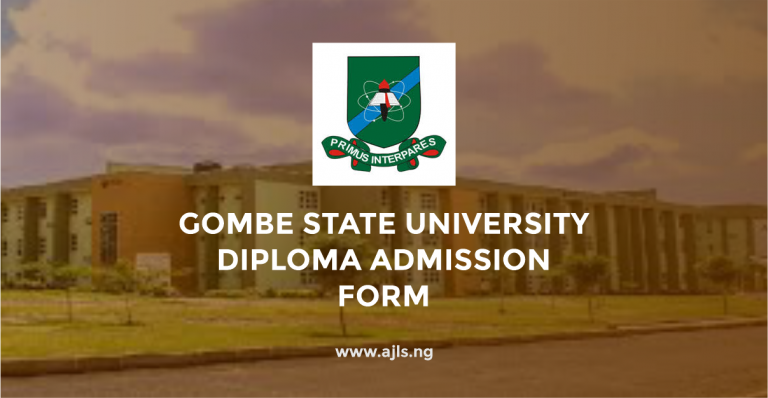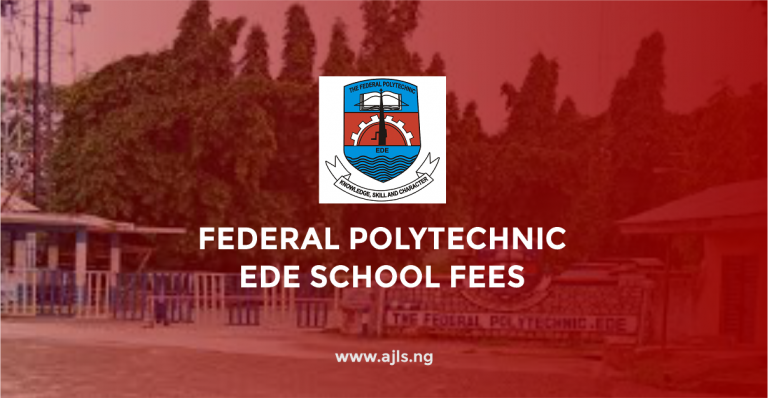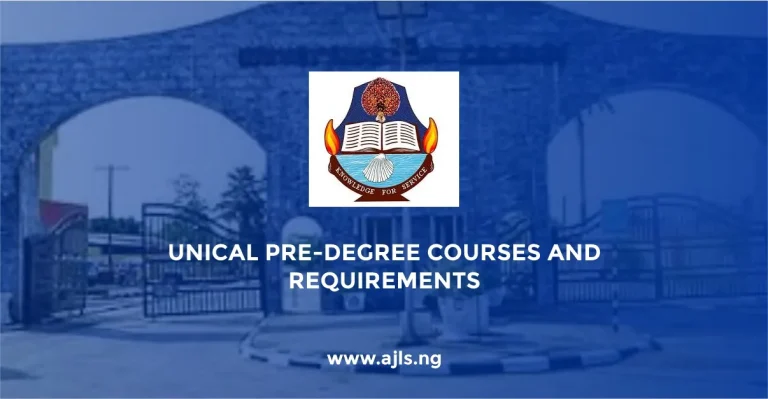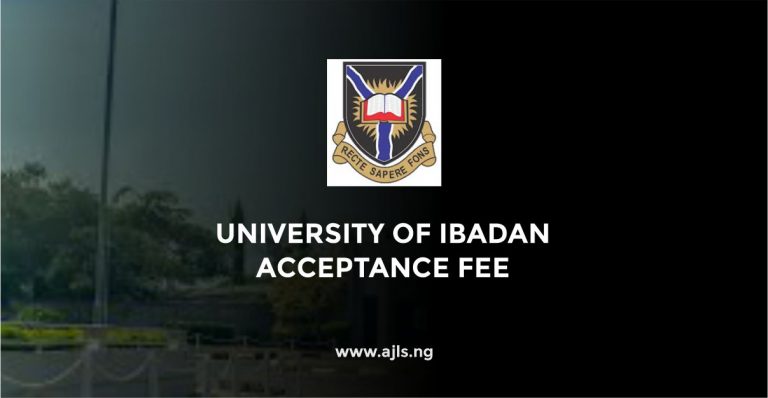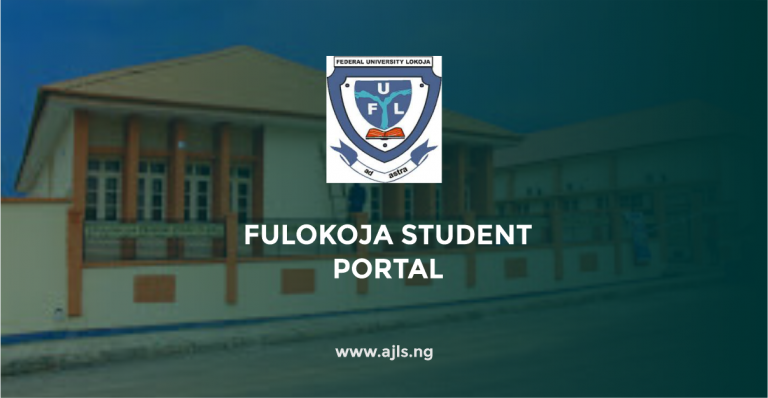JAMB Syllabus for Government 2025
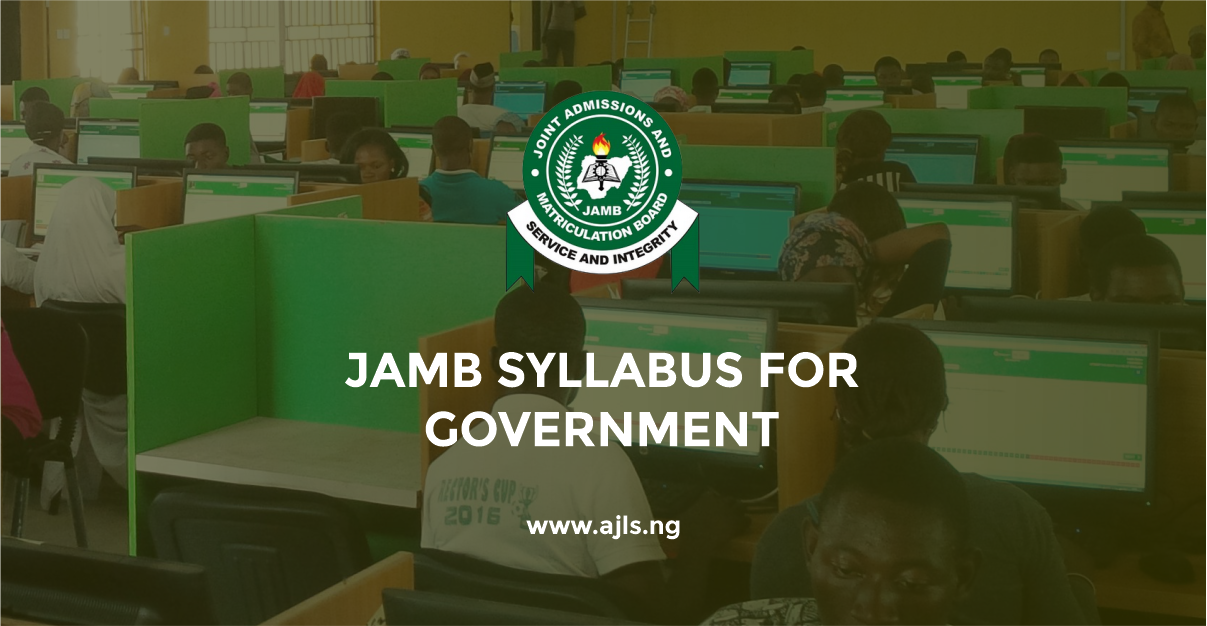
Are you preparing for the JAMB UTME Exam and wondering what subjects you must prepare for? The Joint Admissions and Matriculation Board (JAMB) is responsible for conducting the Unified Tertiary Matriculation Examination (UTME) for prospective university, polytechnic, and college students in Nigeria. One of the key subjects for many students is Government, a discipline that encompasses the study of political systems, governance, and the principles that guide the administration of societies.
For students preparing for the 2025 UTME, understanding the JAMB syllabus for Government is essential to performing well on the exam. This guide provides a comprehensive overview of the 2025 syllabus, highlighting the topics and areas of focus.
JAMB Syllabus for Government 2025
If you’re gearing up to take the JAMB UTME exam, you’re probably looking for a clear guide on what subjects and topics to focus on. The JAMB syllabus is a crucial resource that outlines the specific topics and skills you’ll be tested on, helping you streamline your study sessions.
In this post, we’ll focus on the JAMB syllabus for Government and explain why it’s essential to download and study it as part of your preparation for the exam.
Overview of the JAMB Government Syllabus
The JAMB syllabus for Government is designed to assess the knowledge and understanding of Nigerian political structures, theories, and systems of governance. The exam covers a wide range of topics, including political theory, Nigerian government, international relations, and comparative politics. The aim is to test students’ comprehension of the political landscape and their ability to analyze various political situations.
Key Areas in the JAMB Government Syllabus 2025
The syllabus is divided into different sections, each focusing on a specific area of Government. Below are the main topics covered in the 2025 syllabus:
1. Political Science:
This section introduces the basic concepts and theories of politics. Students will learn about the history of political thought, key political ideologies, and the functioning of political systems.
Meaning and Scope of Political Science
- Definition of Political Science
- Branches of Political Science
- Relationship with other Social Sciences
Political Ideologies
- Liberalism
- Conservatism
- Socialism
- Marxism
- Fascism
Political Systems
- Democracy
- Authoritarianism
- Monarchy
- Military Regimes
2. Nigerian Government:
A significant portion of the syllabus focuses on the political system and governance in Nigeria. Students are expected to have a thorough understanding of the country’s political structure, historical development, and contemporary issues.
Constitution of Nigeria
- Historical development of Nigerian constitutions
- Key Provisions of the Nigerian Constitution
- Structure of government (Executive, Legislature, Judiciary)
- Fundamental Human Rights
Political Institutions in Nigeria
- The Presidency: Powers and Functions
- National Assembly: Structure and Functions
- The Judiciary: Structure and Functions
- Political Parties in Nigeria
- Electoral System
Federalism in Nigeria
- Features of Nigerian federalism
- Role of States and Local Governments
- Relations between federal, state, and local governments
Political History and Development of Nigeria
- Pre-independence Nigeria
- Colonial government and its impact
- Post-independence Nigeria: Military and civilian regimes
- Recent political developments in Nigeria
3. International Relations:
This section covers the relationships between countries and the role of global institutions in governance. Students will study the dynamics of diplomacy, conflict, and cooperation between nations.
International Organizations
- United Nations (UN)
- African Union (AU)
- Economic Community of West African States (ECOWAS)
- World Trade Organization (WTO)
- International Monetary Fund (IMF)
Diplomacy and Foreign Policy
- Definition and types of diplomacy
- Nigeria’s foreign policy
- Bilateral and multilateral relations
Conflict and Cooperation
- Causes of conflict between nations
- Conflict resolution mechanisms
- Peacekeeping and humanitarian interventions
4. Comparative Politics:
This area involves the comparison of different political systems and practices. It provides insight into how governance works across various countries.
Forms of Government
- Democracy vs. Authoritarianism
- Parliamentary vs. Presidential Systems
- One-party vs. Multi-party Systems
Political Participation
- Voting systems and elections
- Political parties and interest groups
- Civil society organizations and activism
5. Public Administration:
This section deals with the organization and management of government operations and the implementation of policies.
Principles of Public Administration
- Bureaucracy and its role in government
- Public servants and their functions
- Policy formulation and implementation
Public Policy and Governance
- Policy-making process
- Challenges of governance and public administration
- Corruption and its impact on governance
How to Download the JAMB Syllabus for Government
If you’re preparing for the JAMB UTME exam and need the syllabus for Government, follow these simple steps to download it from the official JAMB website:
- Go to the official JAMB website.
- On the homepage, locate and click on the “JAMB Syllabus” option. This will direct you to the syllabus page.
- On the syllabus page, you’ll see a list of subjects. Scroll down and click on the “Government” option.
- After selecting the Government option, you’ll be presented with the JAMB syllabus for Government in PDF format. To download, right-click on the document and select “Save As” or click on the “Download” button.
- Choose a location on your computer or device where you would like to save the syllabus. Once you’ve selected the location, click “Save.”
You now have the JAMB syllabus for Government saved on your device, ready for you to use as you prepare for the exam.
Study Tips for JAMB Government 2025
- Make sure you have a solid grasp of political terms and concepts such as democracy, federalism, sovereignty, and governance. This will help in answering both theoretical and applied questions.
- JAMB is known for repeating questions from past exams. Studying past questions will give you insight into the exam pattern and frequently tested topics.
- Knowledge of recent political developments, both within Nigeria and internationally, can provide valuable context for your answers.
- A good understanding of Nigeria’s political history, from pre-independence to present-day issues, is crucial for the Nigerian Government section of the syllabus.
- Given the breadth of topics covered, it’s important to manage your time effectively. Create a study timetable to ensure you cover all sections thoroughly.
- Refer to JAMB-recommended textbooks and materials. Online resources and study guides specifically tailored for the JAMB Government can also be useful.
Conclusion
The JAMB syllabus for Government 2025 requires students to have a comprehensive understanding of political systems, both in Nigeria and internationally.
By focusing on the key topics outlined in the syllabus, using effective study strategies, and staying informed about current events, students can enhance their preparation and improve their chances of success in the UTME.
Remember, a consistent study routine, coupled with a clear understanding of key concepts, is essential for achieving a top score in Government.
We hope this post is helpful. Do not hesitate to leave a comment below if you have any complaints or questions to ask, we will respond to them quickly.
